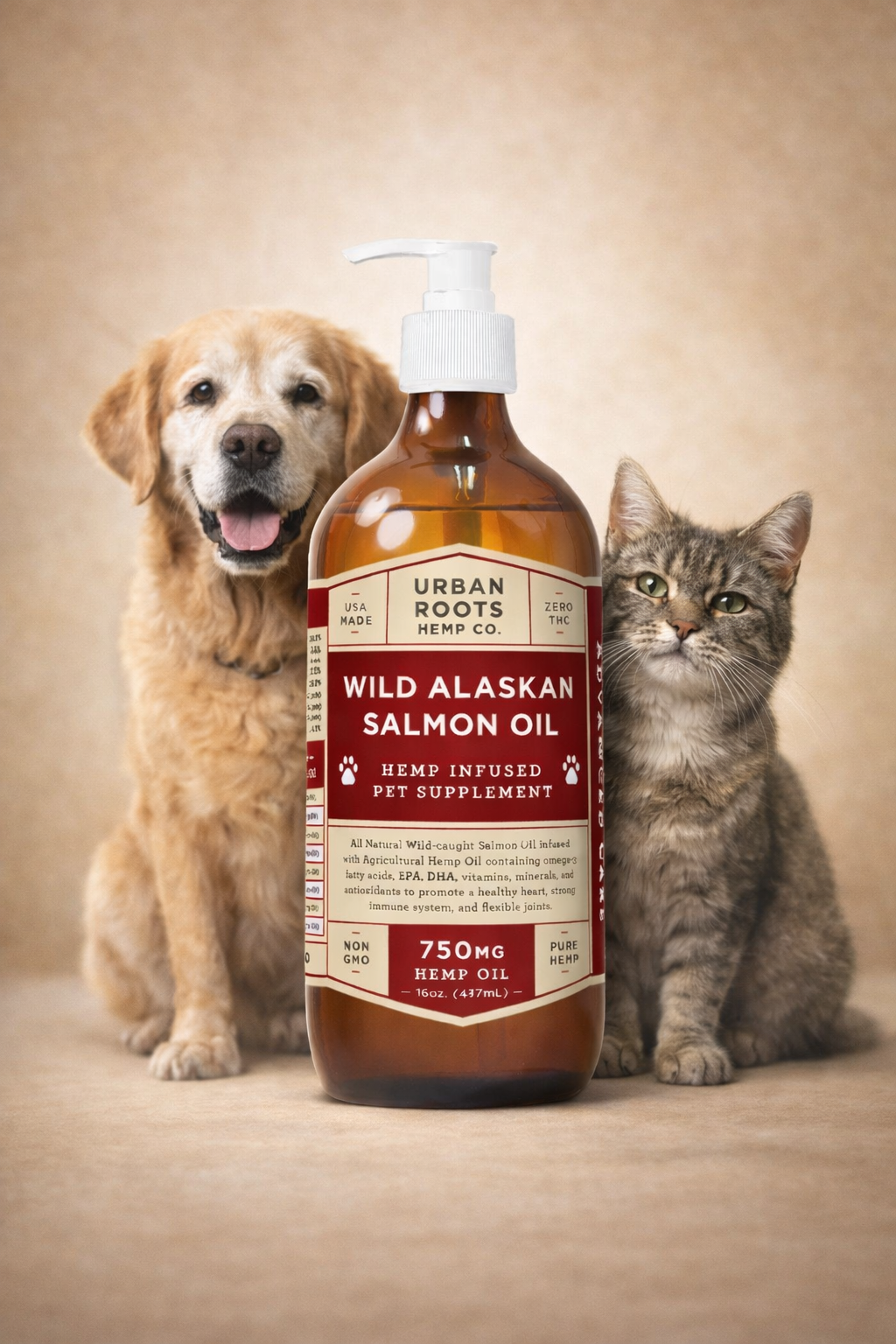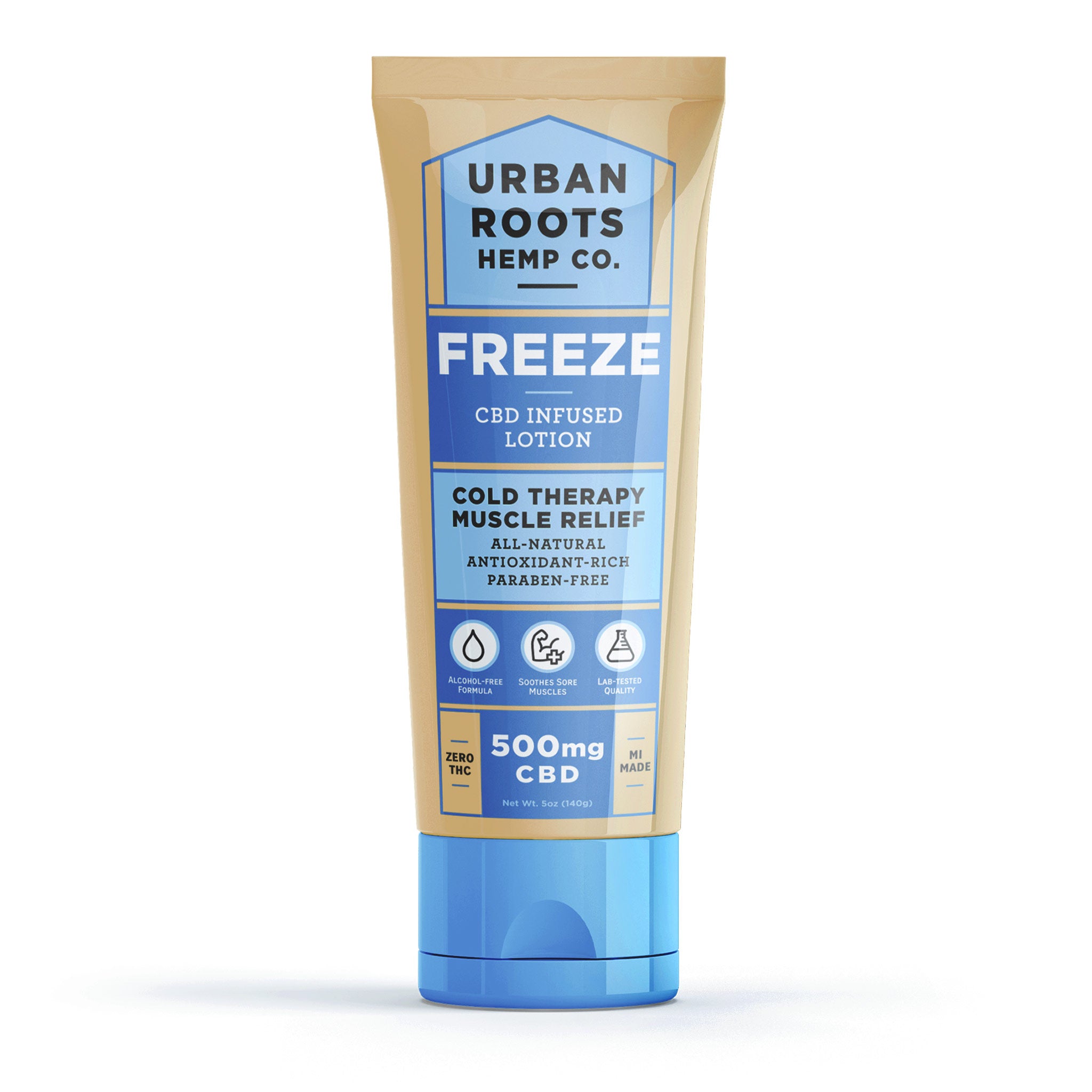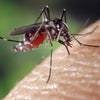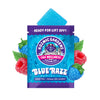How CBD Makes You Feel


From anxiety to stress, chronic pain to inflammation, to Parkinson’s and Alzheimer’s, there are many claims that patients make about CBD.
Although they have yet to be completely proven through exhaustive medical studies and human trials, there is a mountain of anecdotal evidence of CBD users swearing by the above claims. There are also an increasing number of animal studies, preclinical studies, and even human trials that point towards CBD having a strong, positive impact on many common and severe health problems.
In other words, though we can’t say that there is yet a medical consensus concerning the benefits of CBD, the evidence is rapidly building.
What Does CBD Make You Feel Like?
With all these potential positive health effects that may be brought about by CBD, we often get the question, “what does CBD actually make you feel like?” The first worry of many first time CBD users or people who don’t have much knowledge about the substance is whether it will get them high or not. After all, CBD is a compound found in the marijuana plant alongside THC. The two elements are just two of many cannabinoids, or chemical compounds that interact with your body’s endocannabinoid system.
But although both THC and CBD are cannabinoids and both come from the marijuana plant, CBD alone will not get you high or make you fail a drug test. Put simply, CBD allows you to enjoy many of the benefits produced by the cannabis plant with none of the associated intoxicating effects or feelings of paranoia.
So if CBD doesn’t make you feel high or paranoid or loopy or like laughing, what will you feel when you consume it? The answer is that the effects of CBD are experienced differently by different people. With that said, the most common way people describe their feelings after taking CBD is a sense of relief.
How CBD Works
We’ve gone over the mechanics of how CBD works in human body in several of our articles. To put it briefly, CBD triggers changes in your body’s endocannabinoid system that target different immune responses of your body’s nervous system. It does this by binding with one of two CBD receptors found throughout your body.
CB1 receptors are essential for a healthy functioning brain and are one of the most common receptors in the entire nervous system. They are found especially concentrated in the central nervous system areas of the brain and spinal cord. Depending on what region of the brain they are located in, they can be moderators of your memory, mood, motor function, or your perception of pain.
CB2 receptors are most often found in the peripheral nervous system. Specifically, on the cells of our immune system. This allows them to help moderate and respond to inflammation and our immune response to pathogens. If you use CBD products to combat conditions of an overactive immune system (i.e. arthritis, asthma, allergies, autoimmune disorders or digestive issues like inflammatory bowel disease), that is your CB2 receptors hard at work.
When it comes to how CBD makes you feel, both receptors are important. However, it is largely the CB2 receptors that will bring about a quicker feeling of relief. That’s because the CB2 receptors influence conditions that cause us sharper more immediate pain or discomfort.
Consuming CBD triggers these receptors and they are thought to then temper or increase bodily responses (specifically, immune system responses) to combat your body’s over or under reaction and produce homeostasis.
When it comes to feeling relief from stress and anxiety, on the other hand, it is largely the CB1 receptors that come into play. CBD is thought to help chronic stress by preventing the overstimulation of our body’s CB1 receptors and by boosting our body’s production of endocannabinoids. This then reins in the body’s response to stress and helps lead to the proper chemical levels and a balanced emotional state.
CBD Is Not Intoxicating
The point of all this is to say that for the vast majority of people, CBD is very subtle. And for many people, those feelings are only produced over time as they consistently add CBD to their daily health regimen.
It is important to remember that it does not produce the same psychoactive effects that create the feeling of being “high” like THC, and that it is not a narcotic like many prescription pain killers. So you shouldn’t expect a strong feeling of intoxication or melting into the couch or anything like that like might be common with other sorts of pain-relieving substances.
Think of CBD not as numbing you to the feelings of stress or chronic pain, but as stimulating changes that bring your bodily systems back into balance. You know it’s working not because you feel loopy or high, but because it may relieve whatever the problem was and bring you back more or less to your normal state.
In fact, the way we at Urban Roots Hemp CO like to frame how CBD feels is by what you don’t feel. Were you able to get out of bed without pain? Were you less irritable at the end of the day because you took CBD before getting home? Did you have less anxiety for your work meeting? Did you knees hurt less at the gym? Did you get more restful sleep and wake up less during the week?
These are all things that people say they did not feel because they added CBD to their daily regimen. Therein lies its full potential—to help our bodies stay level and balanced. Not to make us feel intoxicated but to help us avoid the things we don’t want to feel.










